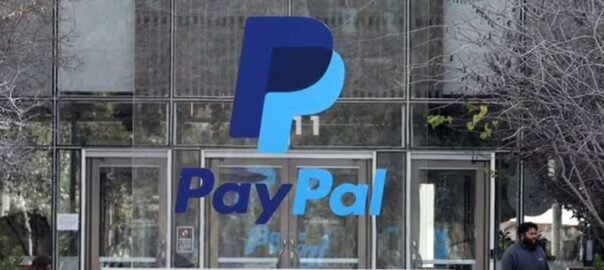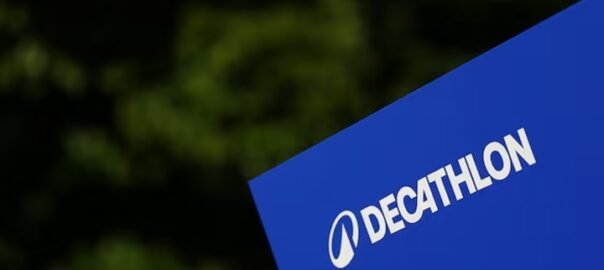DUESSELDORF, Germany – JD.com (9618.HK) is acquiring Germany’s Ceconomy (CECG.DE) in a deal that values the electronics retailer at 2.2 billion euros ($2.5 billion), allowing one of China’s largest online retailers to expand outside of its home market.
Ceconomy’s MediaMarkt and Saturn brands will give JD.com, which competes with Alibaba (9988.HK) and Amazon (AMZN.O), access to one of the largest online shops for electronic goods in Europe and a network of about 1,000 stores in several European countries. About 50,000 people work at the two chains.
The deal, announced on Wednesday, values Ceconomy at 4.60 euros a share and CEO Kai-Ulrich Deissner told Reuters it would likely be completed in the first half of next year.
“It’s exactly the right partner at the right time,” Deissner said. “Through the partnership, we have access to technologies, world-leading retail expertise, and supply chains that are unparalleled worldwide.”
JD.com’s Hong Kong-listed shares dropped 2.4% shortly after Thursday’s market open. Ceconomy shares in Frankfurt surged 6.9% on Wednesday.
Ceconomy’s management board and supervisory board will recommend accepting the offer to shareholders, it said in a statement. Its Duesseldorf headquarters would remain, it said.
JD.com has accelerated its global push in recent years. In 2022 it rolled out the omnichannel retail brand Ochama in the Netherlands, and in April it began a pilot run of its UK online marketplace Joybuy.
“We will work with the team to strengthen the capabilities, while applying our advanced technology capabilities to accelerate Ceconomy’s ongoing transformation,” said Sandy Xu, CEO of JD.com, in a statement.
“Our goal is to further grow Ceconomy’s platform across Europe and create long-term value for customers, employees, investors and local communities.”
The Kellerhals family, the largest single shareholder of Ceconomy with just under 30% of the shares, has accepted an offer for 3.81% of its shares and intends to remain an investor with a stake of approximately 25.35%.
Shareholders Haniel, Beisheim, BC Equities, and Freenet (FNTGn.DE) which together control approximately 27.9% of the shares, intend to sell their shares to JD.com.
“There will be no compulsory redundancies for three years following the closing of the transaction,” Deissner said,
adding that he does not anticipate any major problems from antitrust authorities.
RATINGS BOOST
Europe is emerging as a hotspot for Chinese deals and investments and the region is expected to attract more money from China driven by U.S. President Donald Trump’s tariff war, said advisers.
Deals into Europe more than doubled to $8.45 billion in 2024, the highest since 2021, and made up more than a third of all China outbound M&A, according to LSEG data, despite increased scrutiny of foreign investments into the region.
“There’s potentially more of an incentive for China and the EU to work closer together on the economic front, in view of the trade policies of the Trump administration,” said Alan Wang, a global transactions partner at law firm Freshfields.
Ceconomy plans to keep its 23.4% stake in French retailer Fnac Darty (FNAC.PA) after the JD.com deal, Deissner said.
“The stake in Fnac Darty will remain. We view it as a long-term strategic option, which we are committed to,” he said.
Ceconomy last week confirmed it was in advanced negotiations over a potential takeover.
Ceconomy had annual sales of 22.4 billion euros in its 2023/24 financial year, of which 5.1 billion euros were online.
JD.com had looked at an acquisition of British electronics retailer Currys (CURY.L) last year.
Fitch Ratings said on Wednesday the takeover could bolster Ceconomy’s credit profile.
“A takeover by JD may lead to an upgrade of Ceconomy’s rating, benefitting from JD’s stronger credit profile, given the latter’s market position as one of the largest global e-commerce platforms with $160 billion revenue providing services across retail, technology, logistics, and healthcare sectors,” it said.
“We believe that the acquisition of Ceconomy would boost JD’s presence in Europe through the former’s over 1,000 stores under MediaMarkt and Saturn brands, and its online presence (24% of sales),” it added.
Author Credits- Matthias Inverardi and Matthias Williams
Reuters










